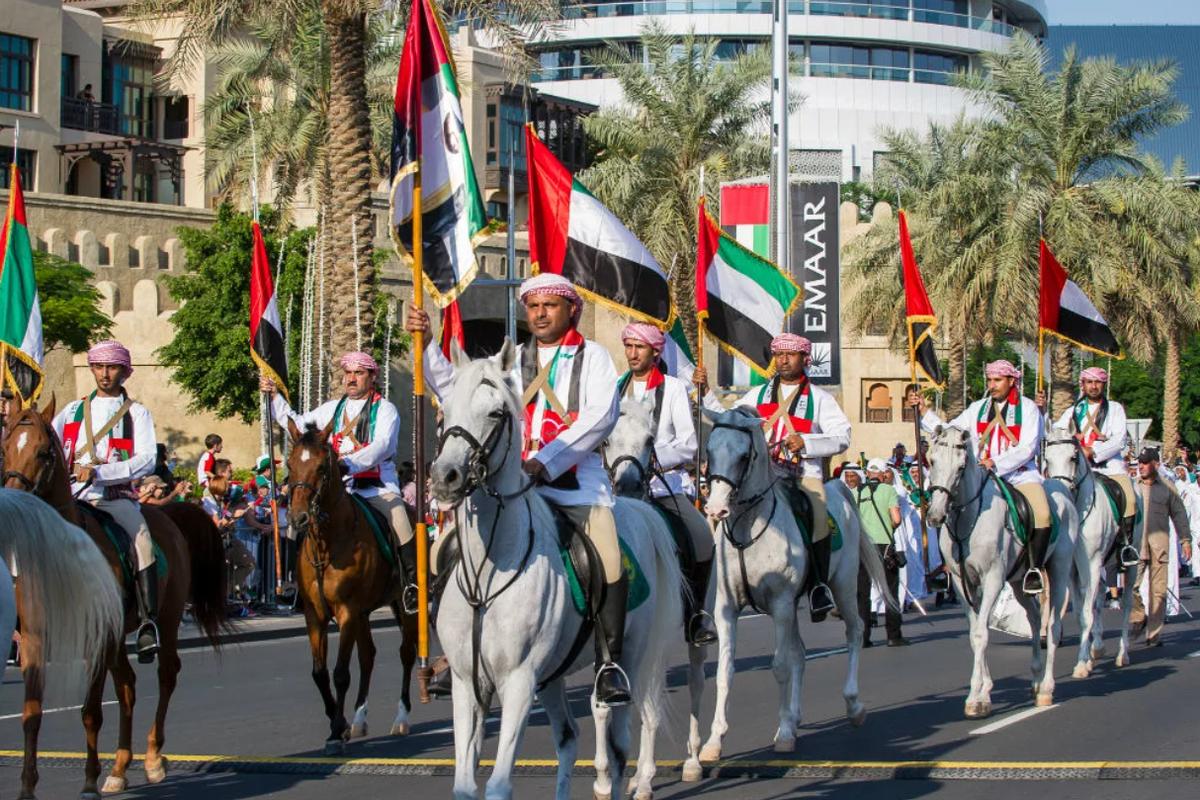The United Arab Emirates (UAE) is a unique country where modernity and ancient customs are skilfully intertwined. When choosing this destination for your holiday or life, it is not superfluous to familiarise yourself with the local culture and traditions, as well as the list of public holidays and days off. The latter will allow you to plan your trip or move around as efficiently as possible, avoiding situations where government offices, shopping centres, shops or tourist sites are closed due to some official date. Or, on the contrary, you can attend the most interesting events during local celebrations.
Categories of holidays
All public holidays in the UAE fall into two broad categories: national (secular) and religious. There is also a separate group of international festivals and events. National holidays have a fixed date. Religious holidays are tied to the Islamic calendar. In the UAE, they are celebrated with a special scope.
At the same time, the UAE government changes the number of days off each year, depending on the state of the local economy. For example, Emiratis rest more when the economy needs to be 'cooled down' and less when it needs to be 'boosted up'. Curiously, Arabs do not have enough 'red' days in their calendar, so many of them also celebrate various international events. For example, Catholic Christmas, Valentine's Day and even Halloween.
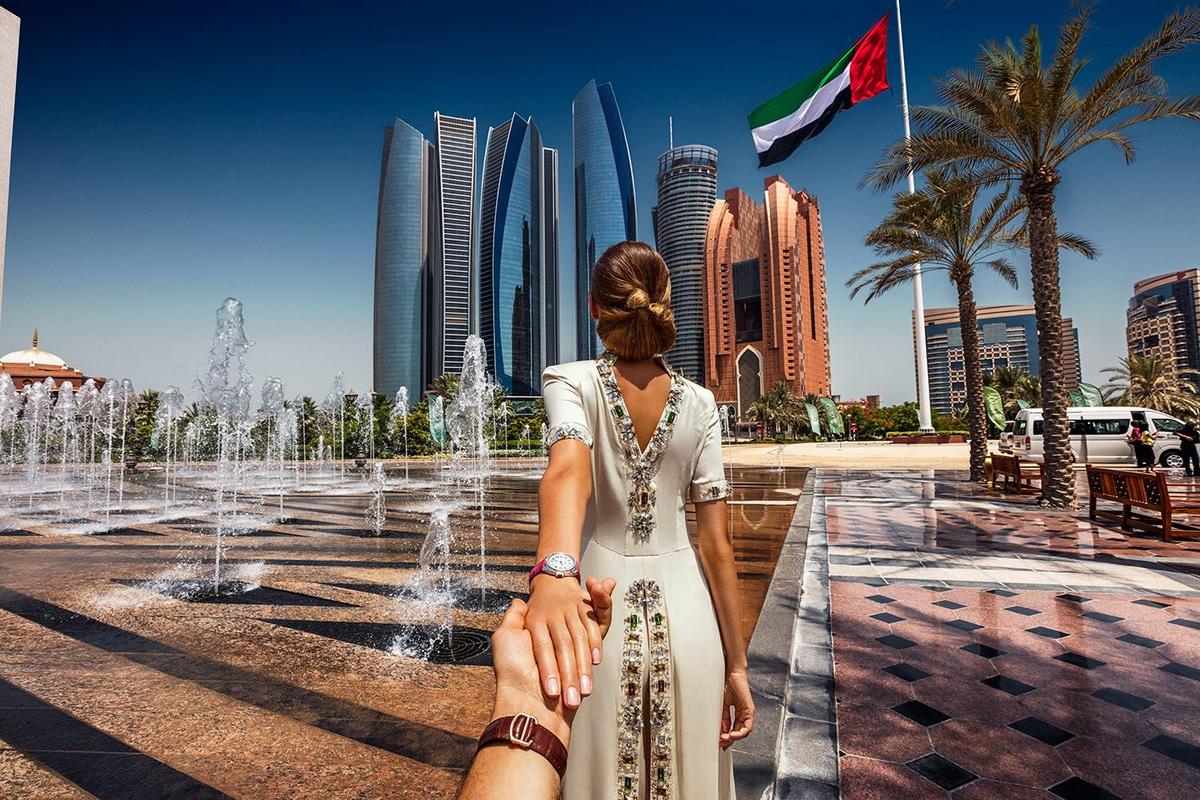
The Islamic calendar and how it differs from the commonly used Gregorian calendar
The main difference between the Islamic calendar and the Gregorian calendar is that it is not based on the solar cycle, but on the lunar cycle. It is based on Hijra (16 July 622 AD), the date of the migration of the Prophet Muhammad and the first Muslims from Mecca to Medina. In the UAE, as in other Muslim countries, this calendar is called the Hijra calendar (Arabic الـتـقـويم الـهـجـري, at-taqwimu-l-Hijri).
The year consists of 12 lunar months and contains about 354 days, which is 10 or 11 days less than the solar year. For this reason, the days of Muslim religious holidays are shifted each year in relation to the Gregorian calendar. In the Muslim calendar, the day begins at sunset, not at midnight as in the Gregorian calendar. Different Islamic states use different alternations of common and leap years. The UAE uses the 'Arabic cycle', which consists of 30 years, 19 of which have 354 days and the remaining 11 years have 355 days. The Islamic calendar now has 1446 years.
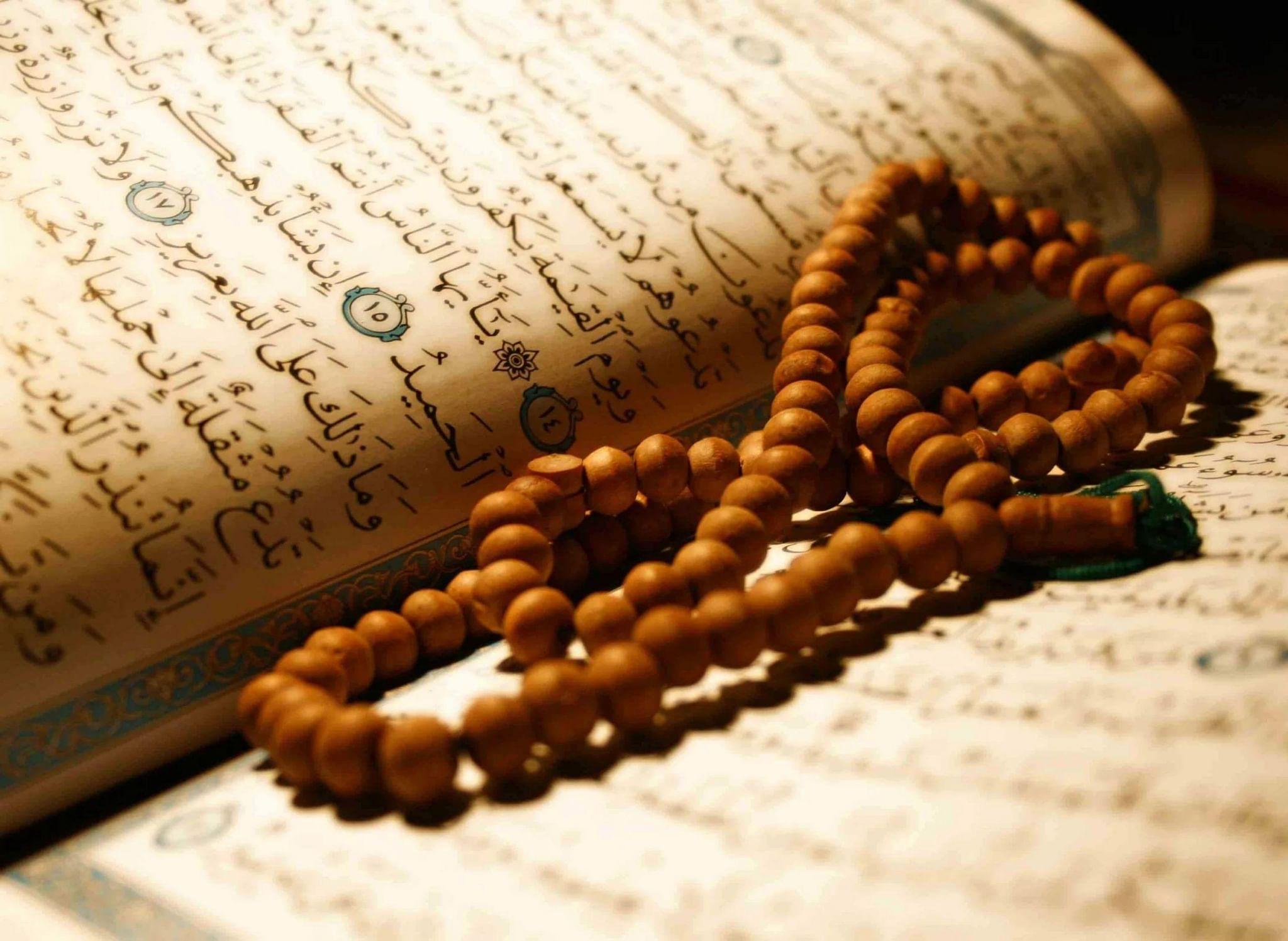
In turn, the dates of traditional Orthodox holidays in the CIS countries are determined by the Julian calendar (or the so-called 'old style'). The Julian calendar, like the Gregorian calendar, is based on the cycle of the sun and consists of 365 days in a normal year and 366 in a leap year. However, in the Julian version, every 4th year is a leap year by default, whereas in the Gregorian version, any year whose number ends in 00 and is a multiple of 4 can be considered a leap year.
National Holidays in the Emirates
National holidays in the UAE reflect centuries-old traditions, a deep commitment to Islamic culture, and pride in the history of the state. Locals celebrate them with great fanfare. In addition to the special atmosphere, the holidays are accompanied by numerous celebrations, ceremonies, and fairs. Most importantly, they are official weekends that provide an opportunity to enjoy a holiday with family and friends, strengthening the nation's sense of community and identity.
National holidays in the UAE have fixed dates as they are tied to the solar calendar. It should be noted that government institutions, companies, and businesses do not work on these days. However, employees are still paid. The category of public holidays in the UAE is very modest: there are only three. But they are very important and have a special meaning for everyone in the country. These are:
- New Year's Day (according to the Gregorian calendar) - 1 January;
- Sheikh Zayed's accession to the throne - 6 August;
- UAE National Day - 2 and 3 December.
Religious Holidays in the Emirates
Most holidays in the UAE are Islamic, as this religion is a fundamental part of the daily lives of Emiratis. Religious holidays have 'floating' dates. This is explained by the fact that the days of the festivities are determined by a special committee on the Hijra calendar, which is based on the moon. Since the visibility of the night luminary cannot be accurately predicted, the lunar calendar is approximate and the dates change (one day earlier or later). They are usually announced to the population towards the end of the year. The main religious holidays in the UAE, which are observed on weekends, include Al Isra'a Wal Mi'raj (the ascension of the Prophet Muhammad to heaven), Ramadan (the holy month of Ramadan), Eid Al Fitr (the end of the holy month of Ramadan and revelation after fasting), Arafah Day, Eid Al Adha (the end of the Hajj), the Islamic New Year Al Hijri and the birthday of the Prophet Muhammad.
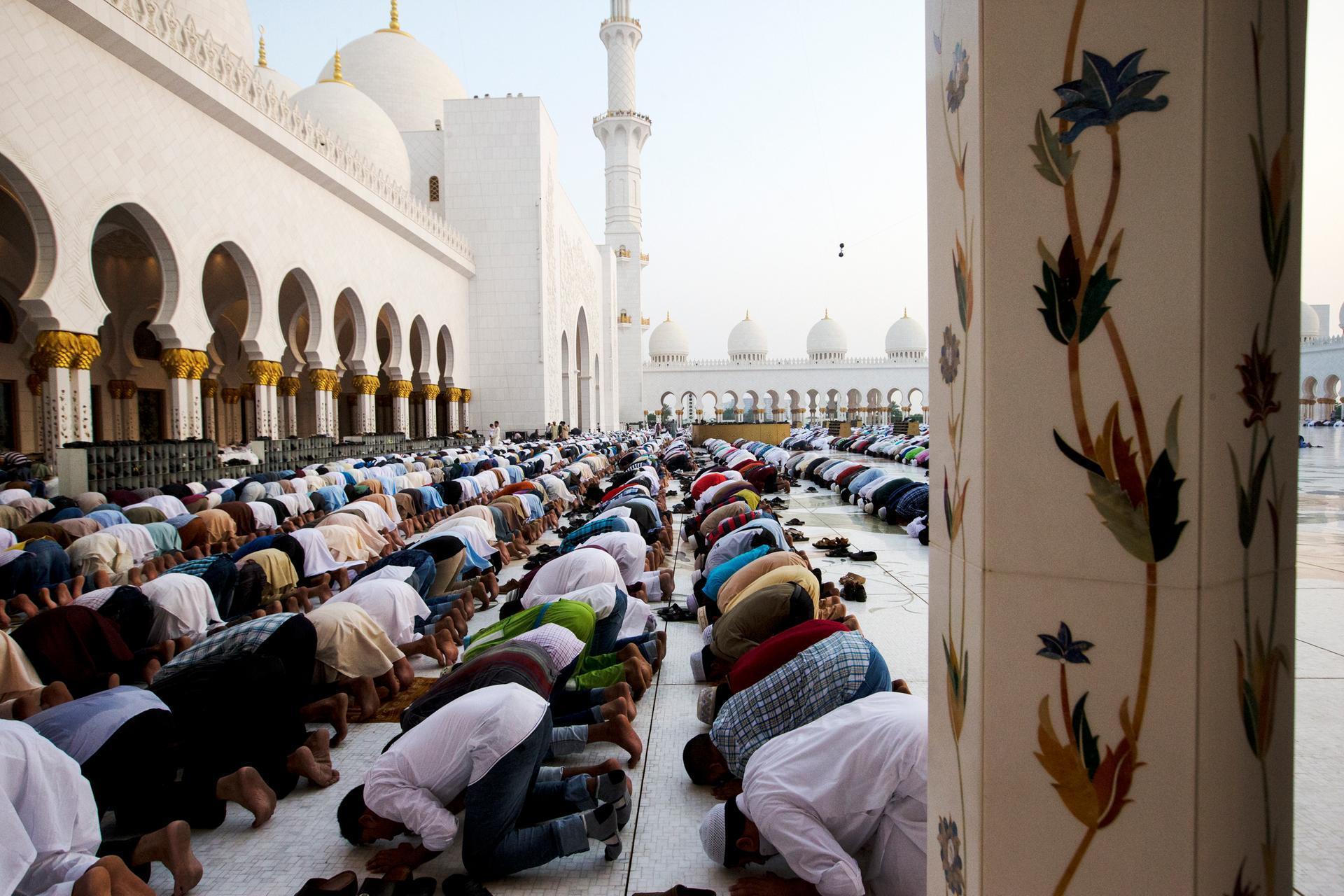
UAE Public Holidays 2024/2025
The list of public holidays in the UAE includes both secular and religious celebrations. Secular holidays are tied to the Gregorian calendar and are fixed dates. The dates of Muslim religious holidays are determined by the lunar calendar and change annually. All the dates listed below are official holidays for all residents and expatriates. They were approved by the UAE Cabinet of Ministers in mid-Autumn. Resolution No. 27 of 2024, published in the Official Gazette, applies to public and private sector employees. The public holiday calendar for 2024/2025 is as follows.
The first public holiday in 2025 will be on 1 January to celebrate the New Year. The Eid al-Fitr holiday is expected to last three days from 30 March to 1 April. Arafat Day is celebrated on 5 June and Eid al Adha from 6 to 8 June. The Islamic New Year is celebrated on 26 June, and the birthday of the Prophet Muhammad is celebrated on 4 September. UAE National Day is traditionally celebrated on 2 and 3 December. The decree also states that if Ramadan lasts 30 days, the 30th day is added to the Eid Al Fitr holiday (the exact dates are determined by the Moon Observance Committee).
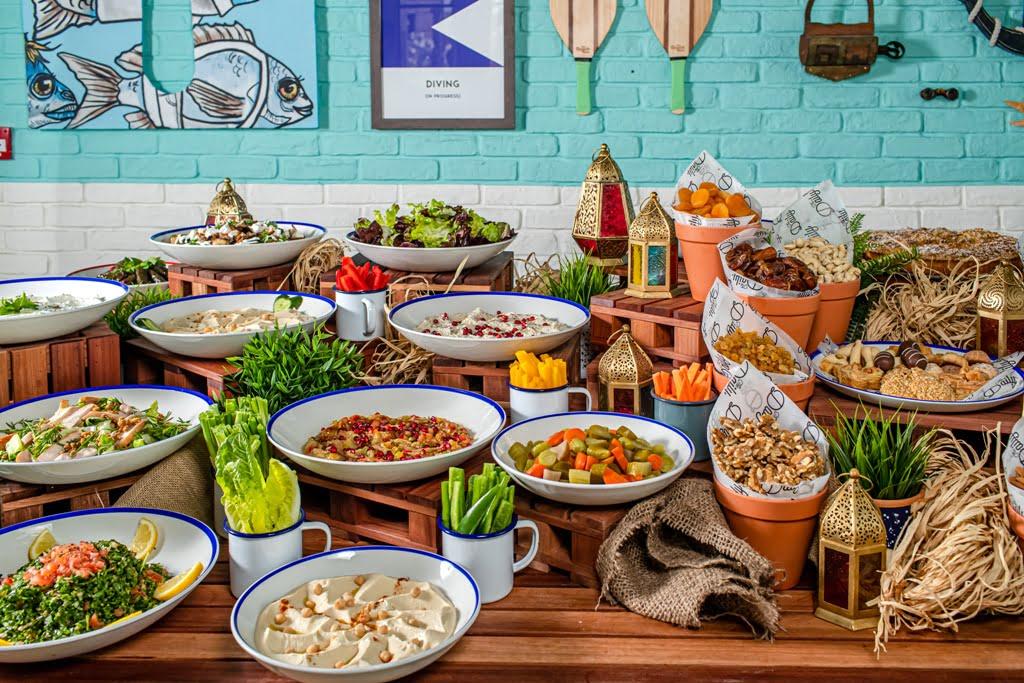
UAE Cabinet has the right to postpone the dates of public holidays, except for Eid Al Fitr and Eid Al Adha, which may increase the number of days off for working citizens.
However, public holidays are not postponed if they coincide with other holidays or weekends. Local governments may approve additional holidays for their departments and institutions in special cases. The regulation will enter into force on 1 January 2025.
A detailed list of public holidays in the UAE
Let's take a closer look at the most important public holidays for citizens and expatriates living in the UAE:
Flag Day, 3 November
Flag Day is celebrated in the UAE every year on the 3rd of November. On this occasion, everyone displays their national flags on their houses. The national anthem is sung during the celebrations. The holiday commemorates the official inauguration of Sheikh Khalifa bin Zayed Al Nagayan as President of the Emirates in 2004. Although not a public holiday, Flag Day is remembered and honoured by all citizens and residents of the country.
Remembrance Day, 1 December
Remembrance Day or Martyrs' Day has been celebrated since 2015. It will also be celebrated on 30 November until 2019. This day pays tribute to all Emirati citizens who died for the freedom of their country. Every year, national flags are lowered from 8am to 11am in the UAE, and a minute's silence is observed at 11.30am, followed by the national anthem.
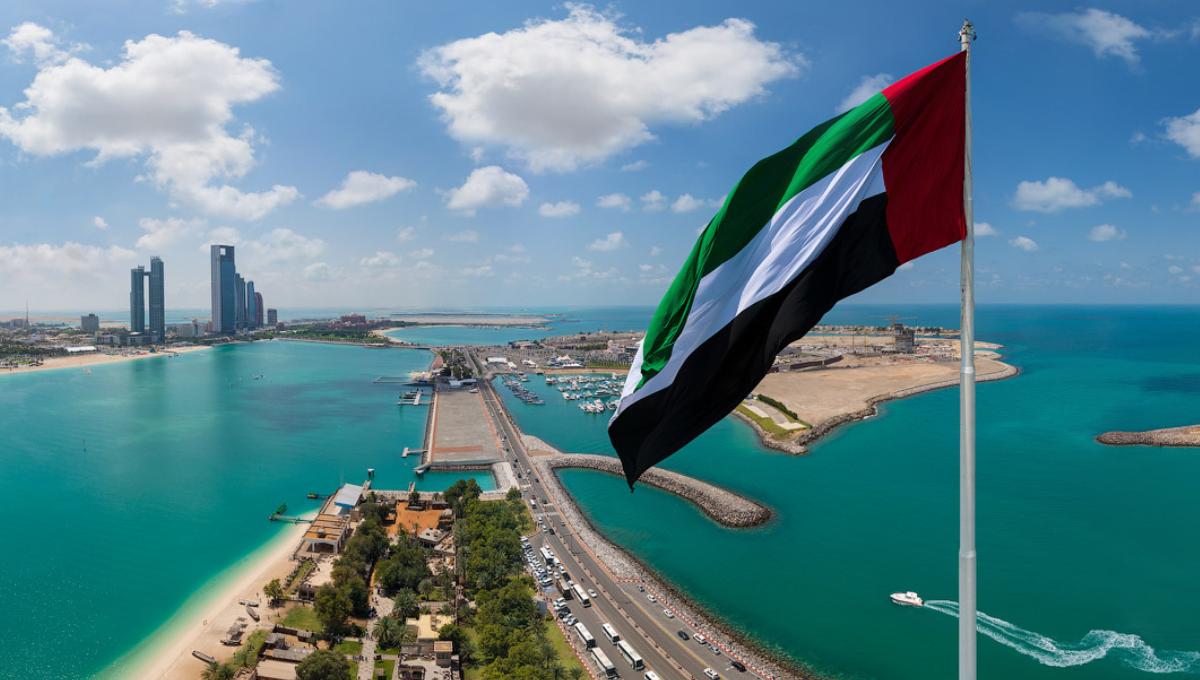
UAE National Day, 2 and 3 December
The UAE's main public holiday commemorates the date on which the six emirates (Abu Dhabi, Dubai, Sharjah, Ajman, Umm al-Qaiwain and Fujairah) signed a unification agreement. This took place on 2 December 1971. A year later, the seventh emirate, Ras al-Khaimah, joined. The festival is celebrated over two days. The main theme is 'Spirit of the Union', so all buildings are decorated in the colours of the UAE flag (red, white, green, and black). Concerts, cultural and entertainment events, prize draws and special holiday discounts in shops and malls are held across the country.
New Year (Gregorian calendar), 1 January
Regardless of nationality or religious beliefs, everyone in the UAE enjoys celebrating the New Year from 31 December to 1 January. Most celebrations are accompanied by parties, parades and fireworks. Downtown Dubai is at the heart of the New Year celebrations, with stunning laser shows projected onto the base of the world's tallest tower, the Burj Khalifa. There will also be colourful pyrotechnic shows on Palm Jumeirah Island. In Abu Dhabi, the celebrations are more modest, with only fireworks on the Corniche and Yas Island promenade.
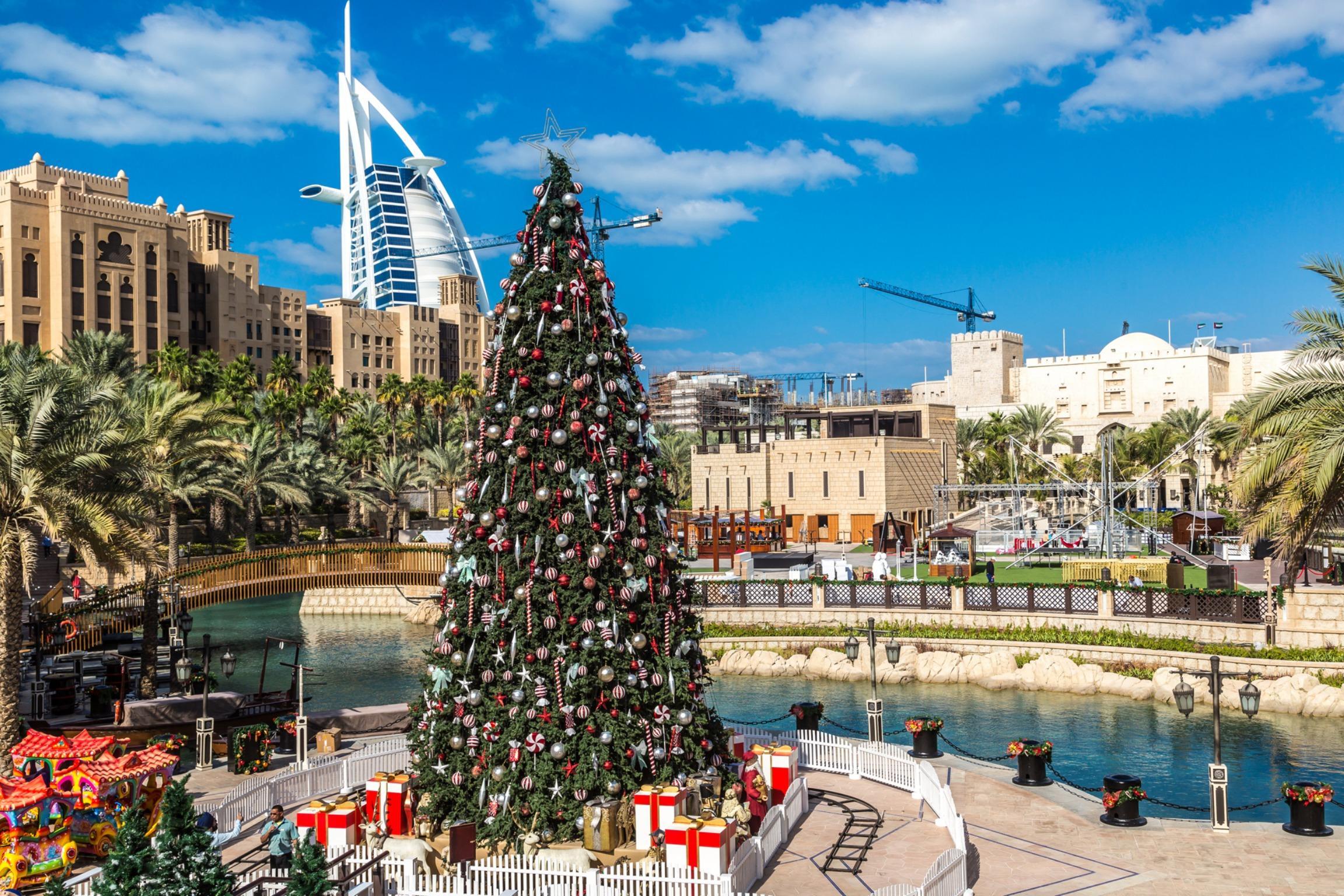
Ramadan, a floating date
This is the most important religious holiday for Muslims, a time of spiritual purification and virtue. Believers spend this time in prayer, with family and loved ones. According to the traditional Muslim calendar, Ramadan begins in the ninth month of the Islamic year with the appearance of the new moon and lasts about 30 days until the next new moon. It ends with the festival of Eid al-Fitr. The customs and traditions of Ramadan vary from country to country, but the common ones are fasting from sunrise to sunset, praying, participating in charity and helping those in need.
Eid al-Fitr, a floating date
Eid al-Fitr is a religious holiday celebrated by Muslims around the world to mark the end of the holy month of Ramadan. It falls on the first day of the month of Shawwal.
After the festive prayers, mass feasts are held in all emirates, with treats and gifts. During this time, it is customary to wear your best clothes and prepare traditional treats to share with family and friends. Over the next two days, performances, dances and other festivities take place across the UAE. Charity is an integral part of Eid al-Fitr. On this day, believers help the needy by collecting donations of food and money.
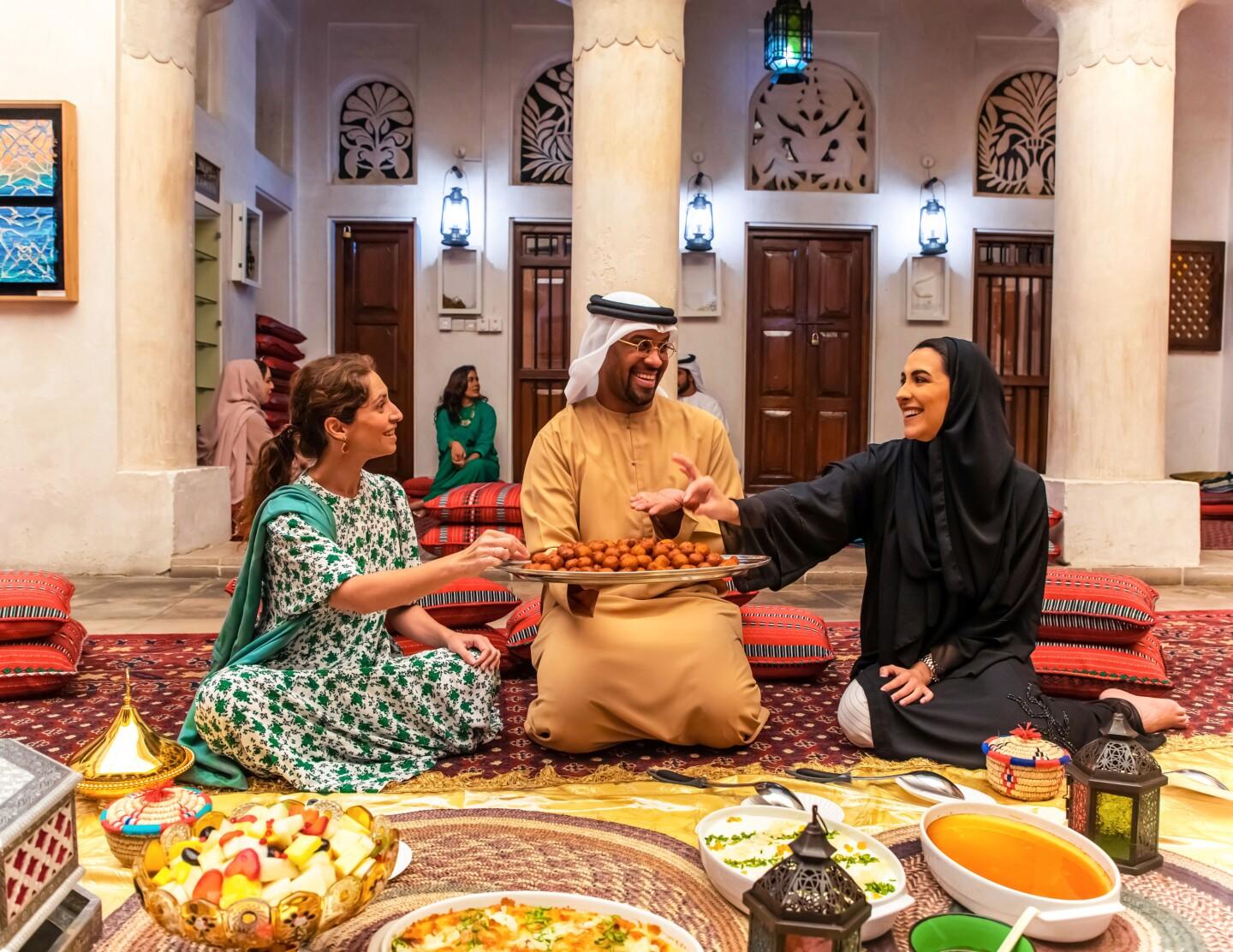
Arafah Day, a floating date
The Day of Arafah is the most sacred of the days in the Islamic calendar (the holiest night being the night of predestination). It is the second day of the pilgrimage to Mount Arafat, followed by the first day of the major Islamic holiday of Eid al-Adha. As Hajj pilgrims visit Mount Arafat in Mecca and perform namaz at its foot, there are no public celebrations in the country in their honour. The holiday is celebrated around the 70th day after the end of Ramadan.
Eid al-Adha, floating date
Eid al-Adha is a major holiday celebrated by Muslims every year. It is also known as the Feast of Sacrifice and honours the Prophet Ibrahim's willingness to sacrifice his son Ismail to Allah. On the eve of Eid al-Adha, believers are advised to spend the night reciting namaz. It is believed that this is when the Almighty answers the prayers of His servants. The Eid al-Adha celebrations begin early in the morning. After performing a full ablution and dressing neatly, Muslims pray together in the mosque. In the sanctuary, they read the Koran and listen to the Imam's sermon, which explains the meaning and origin of the sacrificial rite. Traditionally, a ram, goat, camel or cow is sacrificed on this day. One third of the meat can be kept, one third can be given to the family and the remaining third can be donated to the poor.
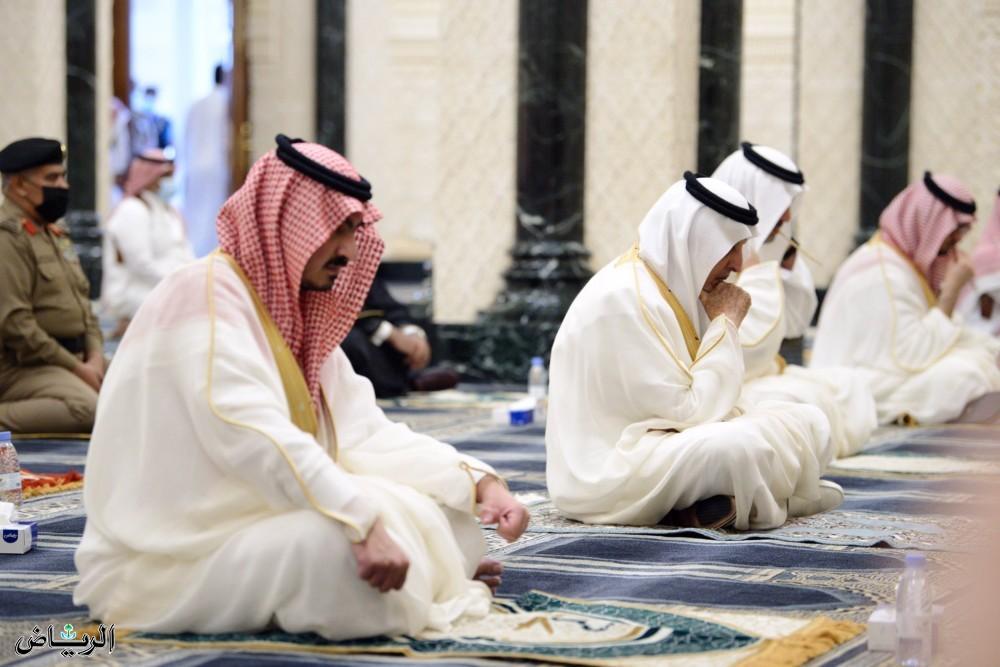
Sheikh Zayed's Throne Day, 6 August
This day symbolises the beginning of a new era for the country, as it was Sheikh Zayed's accession to power in 1966 that began the sweeping transformation that laid the foundations for the Emirates' modern prosperity. Nicknamed the 'Father of the Nation', Sheikh Zayed dedicated his life to the development of the UAE, uniting the seven emirates and creating a stable state with a strong economy and a high standard of living for every citizen. His leadership heralded dramatic growth in education, medicine, construction and energy. This day is dedicated to the memory of his outstanding contribution, wisdom and dedication to the welfare of the people.
Hijr, a floating date
The Islamic New Year, also known as the Arab New Year or Hijra New Year, is the first day of Muharram, the first month of the Islamic calendar. Since the Islamic calendar begins at sunset, the event falls on a different day each year. Muharram is also very holy to Muslims around the world. On the first day of the month, it is customary to devote oneself to prayer, reflection and family, as it is believed that how a person spends the first month of the year affects all the rest. There used to be 3 days off for the celebration, but in recent years this has been reduced to 1 day.
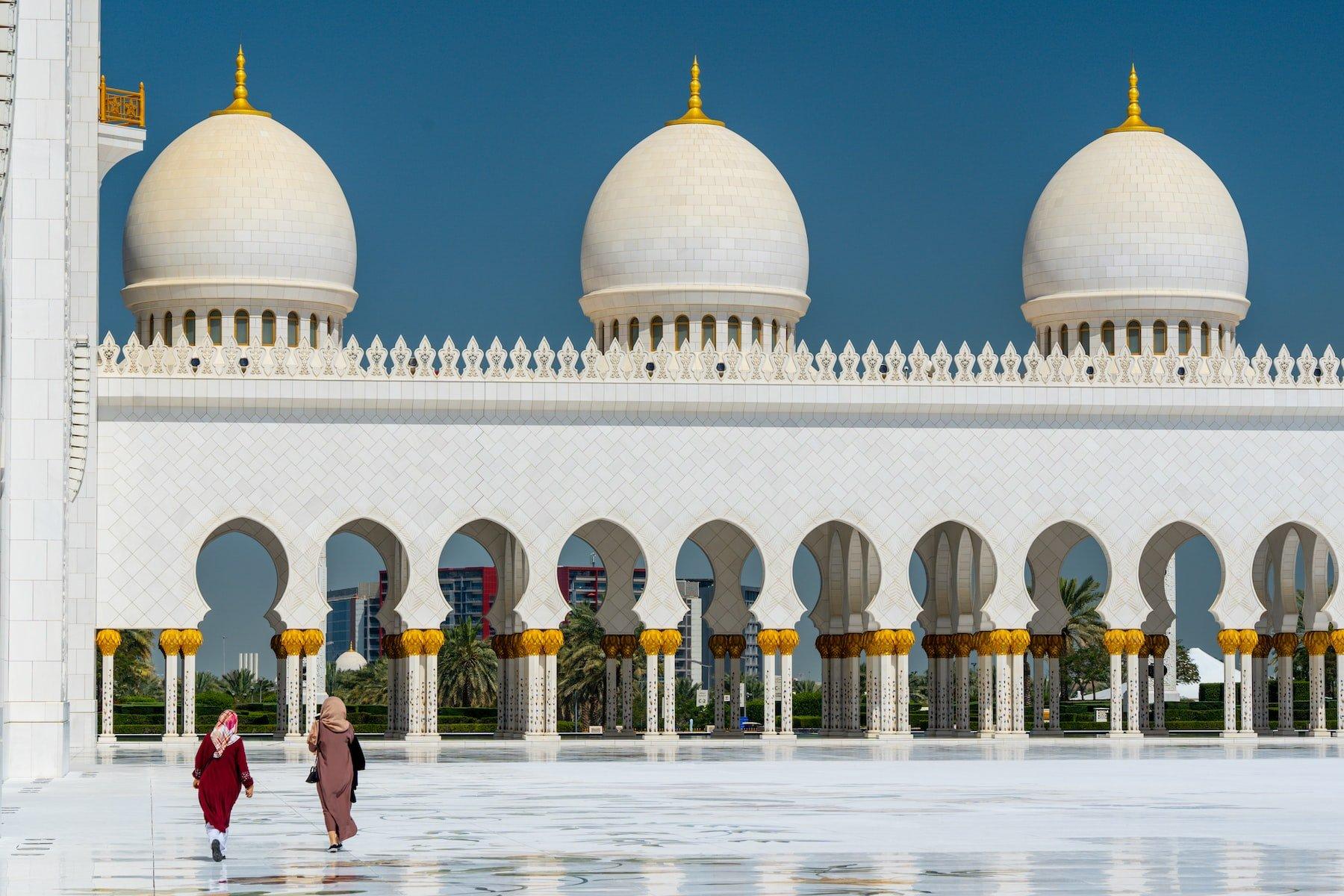
Mawlid, a floating date
This holiday celebrates the birthday of the Prophet Muhammad. It falls on the 12th day of the month of Rabi al-Awwal. It is an official holiday, but no major events are held on this day. In the UAE, the day is celebrated much more quietly than in other countries, with gatherings in mosques, Muslim congresses and family gatherings. Many believers traditionally fast and spend the night in prayer. Liberal Muslims celebrate Mawlid in the same way as a traditional birthday: they congratulate each other and give gifts. The gifts are traditionally scarlet roses, symbolising love for the Prophet Muhammad and Allah.
International Holidays
As the Emirates have a large expatriate population, almost all Western holidays are celebrated in the country. These days are not weekends, but that is not necessary - the main entertainment is always organised during free time. Here are some of the most popular international holidays in the UAE.
Valentine's Day, 14 February
Celebrating Valentine's Day in the Emirates - what could be more romantic? The country literally transforms on this day, with streets decorated with flowers and balloons and restaurants offering special menus for lovers. In Dubai, for example, couples can choose a romantic dinner to suit their tastes - from a candlelit dinner on the beach, to dining on the roof of a skyscraper overlooking the sunset, or even on board a yacht gliding across the calm sea.
Christmas, 25 December
The winter holidays in the UAE become a real spectacle. On Christmas Day, the cities are decorated in a Western style with lots of green and red. Huge Christmas trees are lit up in shopping malls and cafes and restaurants offer festive treats. Entertainment includes Christmas fairs, concerts, fireworks and light displays.
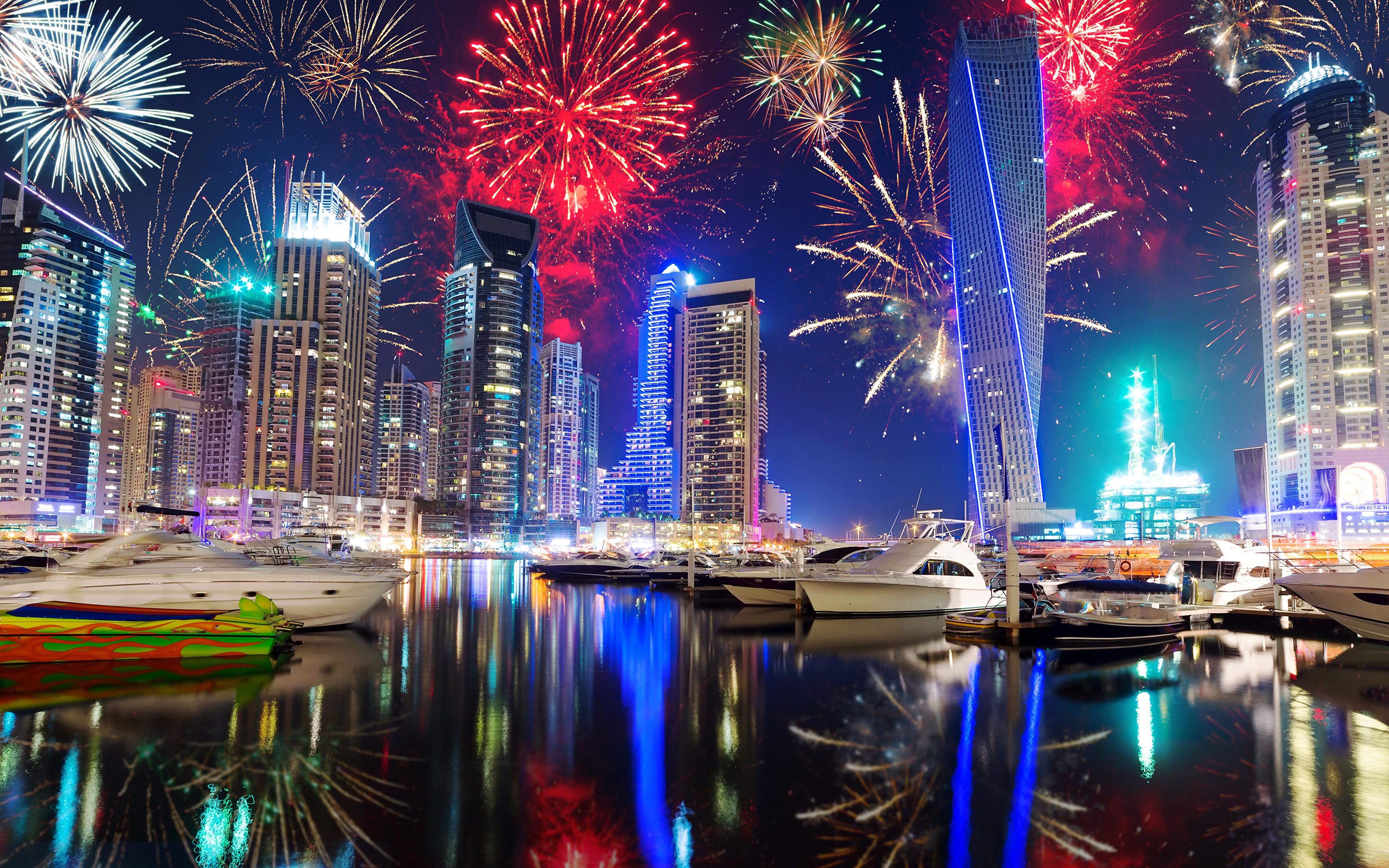
Halloween, 31 October
The week leading up to Halloween in some Emirates sees themed decorations: ghosts in the air, glowing pumpkins with smiling faces and cobweb garlands adorn the streets. For locals, the holiday is all about fun, but they take the preparations seriously. Fancy dress parties, attractions, workshops and competitions are organised to make Halloween a memorable and exciting event for all visitors and residents of the UAE.
Diwali (October/November)
Diwali in the UAE is a vibrant and colourful festival celebrated annually by hundreds of thousands of Indian and South Asian expatriates, as well as those who wish to share in the traditions of the Festival of Lights. In the UAE, Diwali is celebrated in a big way, especially in Dubai and Abu Dhabi, where colourful events, concerts, fairs and fireworks are organised. Diwali celebrations in the UAE attract the attention of not only the Indian community, but also anyone who wants to join in the festivities and feel the spirit of the Festival of Lights in the multicultural environment of the Emirates.
Chinese New Year (January/February).
Chinese New Year is one of the most colourful and extensive festivals in the UAE and is celebrated in January or February, depending on the lunar calendar. The Emirates is home to a large Chinese expatriate community, and each year, major events, shows and festive activities are organised to celebrate the occasion. Celebrations are particularly colourful in Dubai and Abu Dhabi. For Chinese New Year in Dubai, there are huge light shows and fireworks displays, especially at venues such as the Burj Khalifa and Burj Al Arab. In the evening, the sky is painted in vibrant colours and fireworks symbolise joy and prosperity for the coming year.
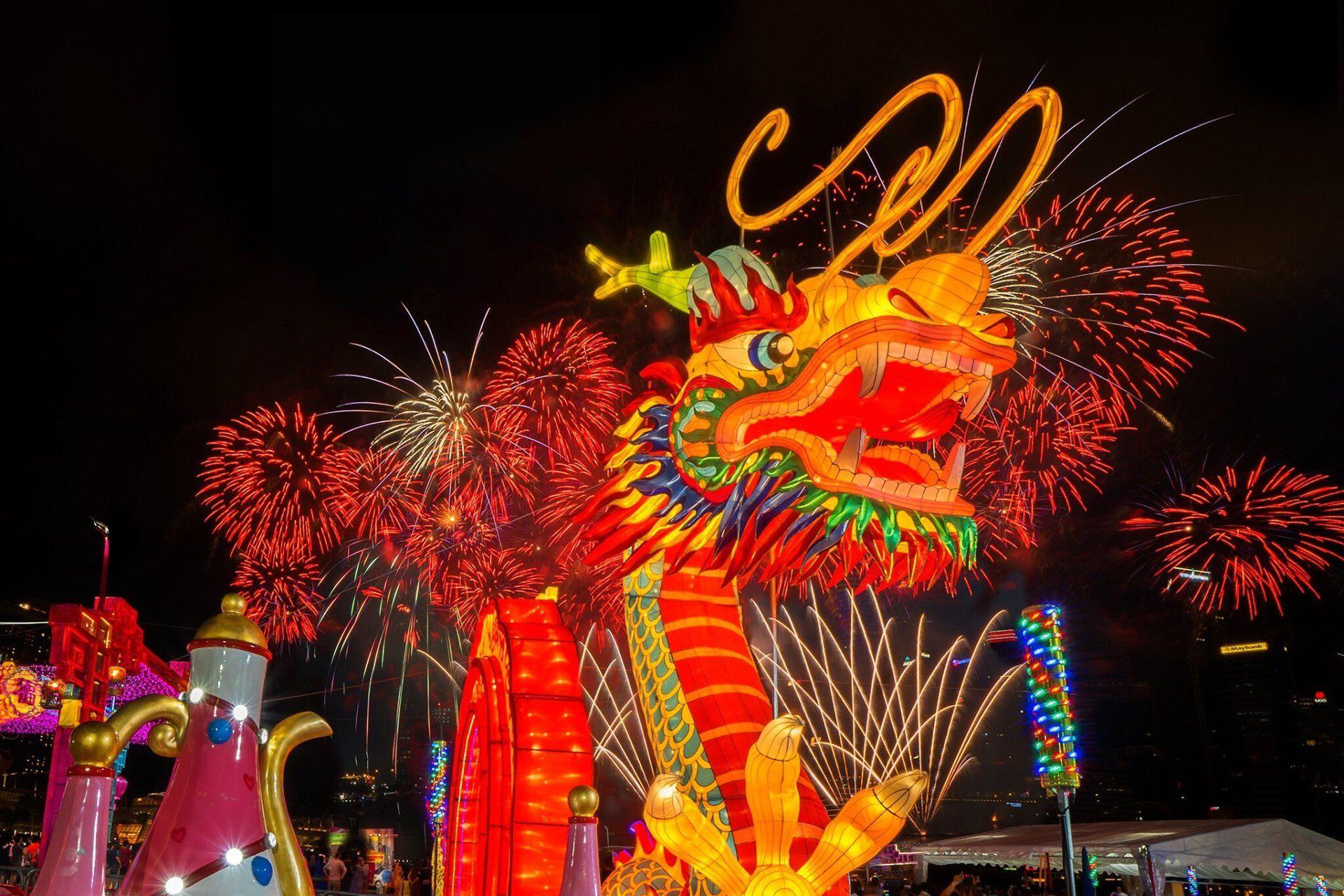
Holiday restrictions
On many public holidays in the UAE, schools, kindergartens, government offices and private companies are closed. Shops, restaurants and bars may operate on a reduced schedule. Remember that the sale of alcohol is prohibited during daylight hours on religious holidays such as the Muslim New Year, Eid-al-Fitr and the Birthday of the Prophet Mohammed.
Most restrictions on public life are imposed during Ramadan. Schools, kindergartens and public institutions operate on a reduced schedule during the fasting period. Some shops move to evening hours. Some cafes and restaurants close.
Useful tips for travellers
- Plan your visits to establishments: Be aware that government offices and banks may be closed on public holidays and during Friday prayers.
- Respect traditions: During Ramadan and other Islamic holidays, travellers should respect local customs, especially when visiting public places.
- Holiday discounts: Many malls and shops offer significant discounts on national holidays. This is a great time to shop.
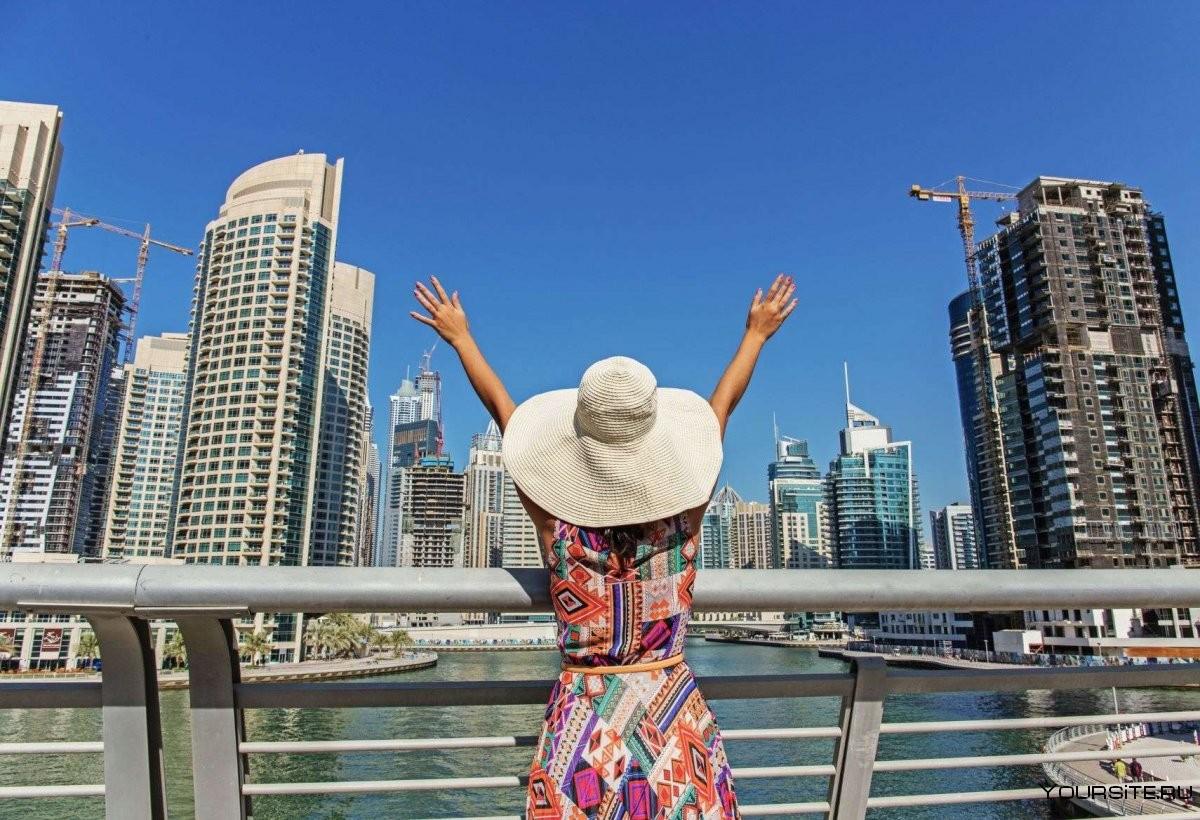
By following our recommendations and taking into account the holiday schedules, your trip to Dubai 2025 will be as enjoyable as possible, allowing you to immerse into in the culture and traditions of the UAE.

